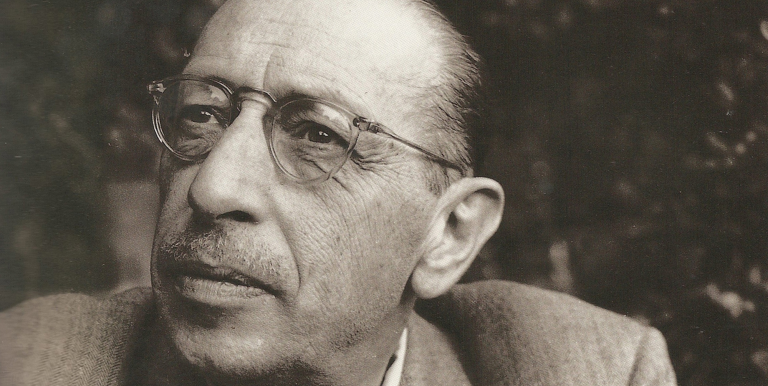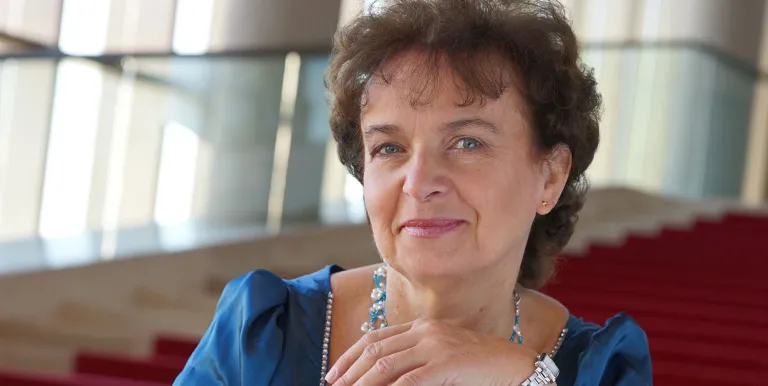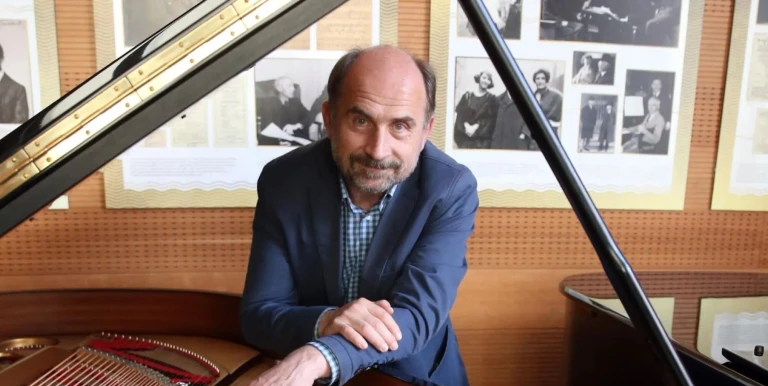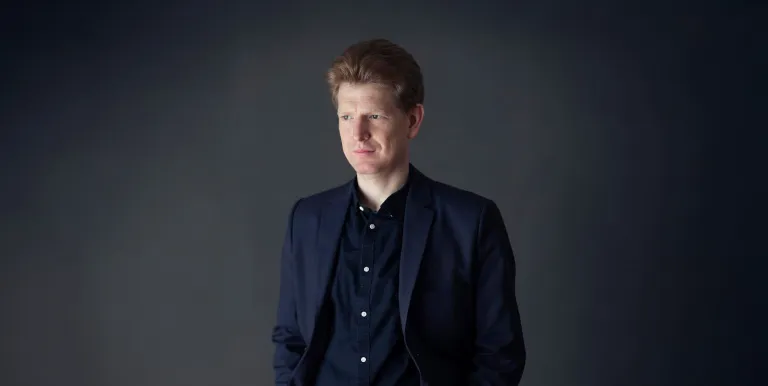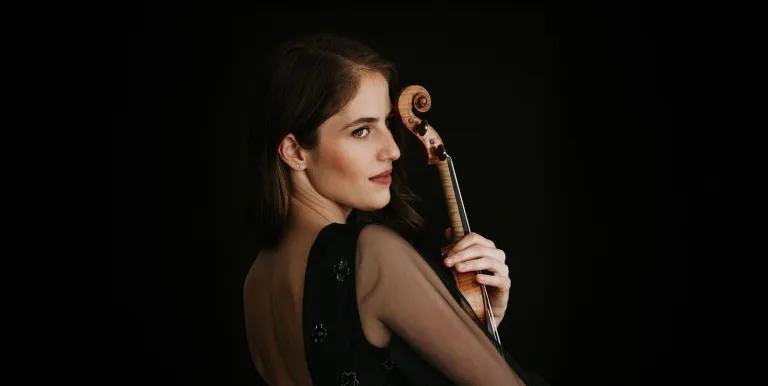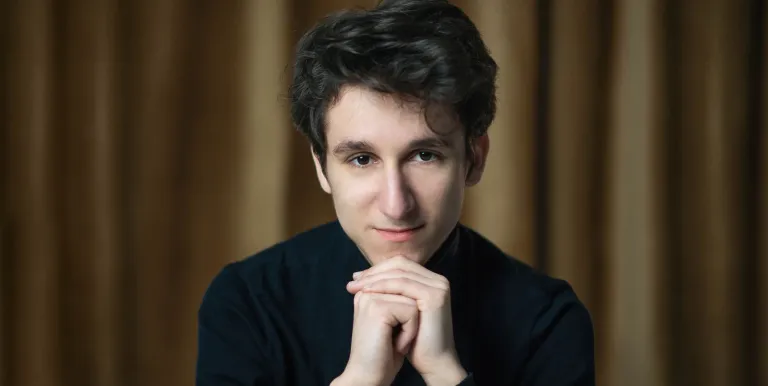Conductor:
Featuring:
Stravinsky
Capriccio
Stravinsky
Symphony of Psalms
The Capriccio for piano and orchestra was composed by Stravinsky between 1926 and 1929. The piece was revised in 1949. Like the Piano concerto with wind accompaniment, Stravinsky composed this virtuoso piece to make a living when he was forced to emigrate to Western Europe after the Russian revolution. In the Capriccio, the composer continues the easy-going tone of the concluding movement of the Piano concerto. The whole idea of the piece emanated from its last movement (Allegro capriccioso). Stravinsky’s preceding work was The Fairy’s Kiss, comprising of arrangements from Tchaikovsky’s music, and this gave him the idea to compose a work resembling the wit and charm typical of Tchaikovsky but without actual quotations of his melodies. The brilliant Rondo fully carries out this concept; virtuoso and dance elements appear with refined neo-classical ‘seasoning’. The end of the piece comes unexpectedly, like the punchline of a joke. The premiere, conducted by Ernest Ansermet, took place at the Salle Pleyel in Paris in December 1929. The piano part was performed by the composer himself. From the 1930’s on, the virtuoso piano part was often played by the composer’s son, Soulima Stravinsky, with Igor Stravinsky conducting.
“The commission of the Symphony of Psalms began with the usual request from the publisher, asking me to write something popular. I obliged – though not the way the publisher had imagined, – accommodating the comprehension of the audience – but in the sense of “creating something that is universally admired” … (although another, similarly serious reason was my ambition to outdo so many composers who had been using these majestic verses as a hook to hang their own lyrical, sentimental feelings on)”, said Stravinsky to Robert Craft about the antecedents of the Symphony of Psalms.
The three-movement work for chorus and orchestra was written to celebrate the 50th anniversary of the Boston Symphony Orchestra in 1930. The world premiere, though, wasn’t given in Boston but in Brussels, under the baton of Ernest Ansermet, in December 1930. The jubilee performance in Boston took place a week later, led by Serge Koussevitzky. “The juxtaposition of the three psalms is not accidental,” writes Stravinsky. “The sinner’s prayer for God’s mercy (Prelude), thanksgiving for the mercy granted (double fugue) and the song of praise all serve the gradually unfolding plan of the work. The music, animating the texts, unfolds obeying its own symphonic regulations. The three movements are in periodical order and form a “symphony” in this sense of the word, as opposed to the unsystematic set of movements of a suite.”
- Tickets of each of the 50 minute concerts are 990 HUF, anyone purchasing three tickets is entitled to enter the fourth free of charge. So the cost of attending all 11 concerts is 8910 HUF instead of 10890 HUF.
Presented by: Budapest Festival Orchestra, Palace of Arts
-
We wish to inform you that in the event that Müpa Budapest's underground garage and outdoor car park are operating at full capacity, it is advisable to plan for increased waiting times when you arrive. In order to avoid this, we recommend that you depart for our events in time, so that you you can find the ideal parking spot quickly and smoothly and arrive for our performance in comfort. The Müpa Budapest underground garage gates will be operated by an automatic number plate recognition system. Parking is free of charge for visitors with tickets to any of our paid performances on that given day. The detailed parking policy of Müpa Budapest is available here.

